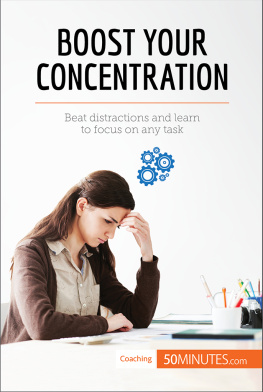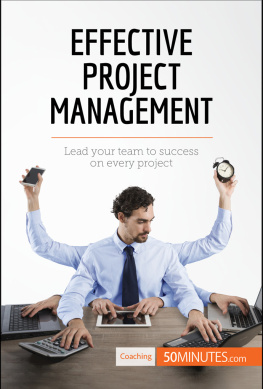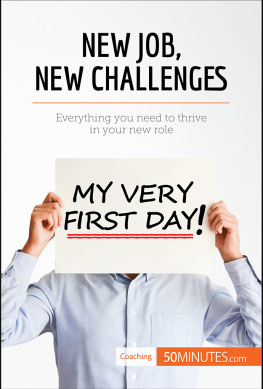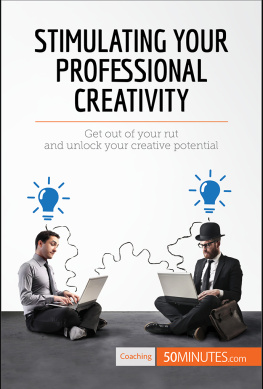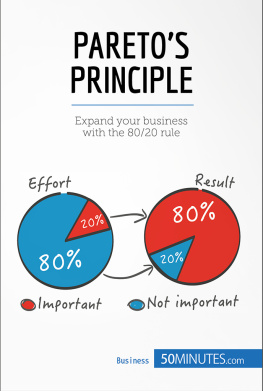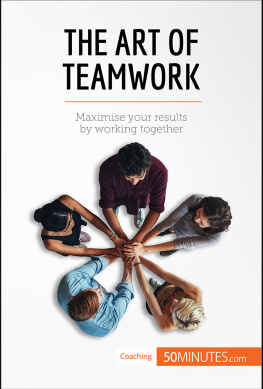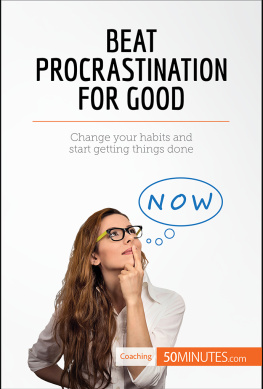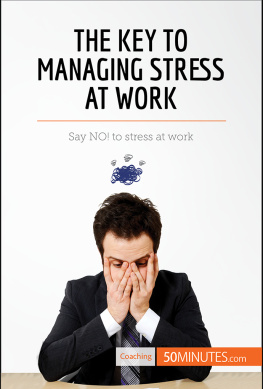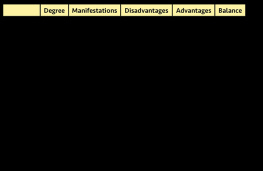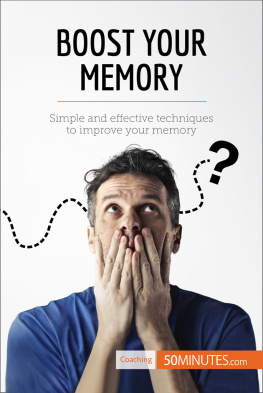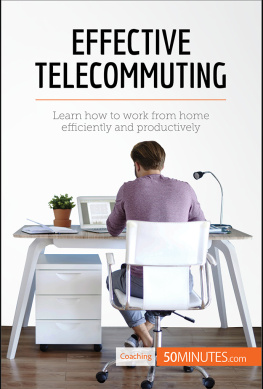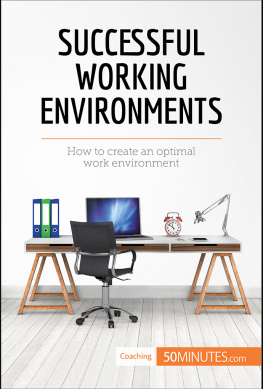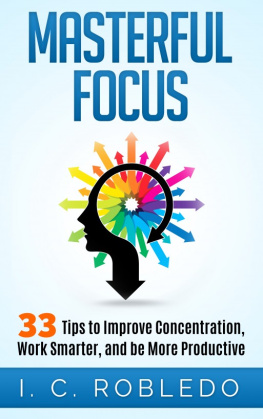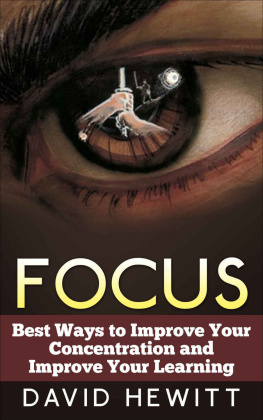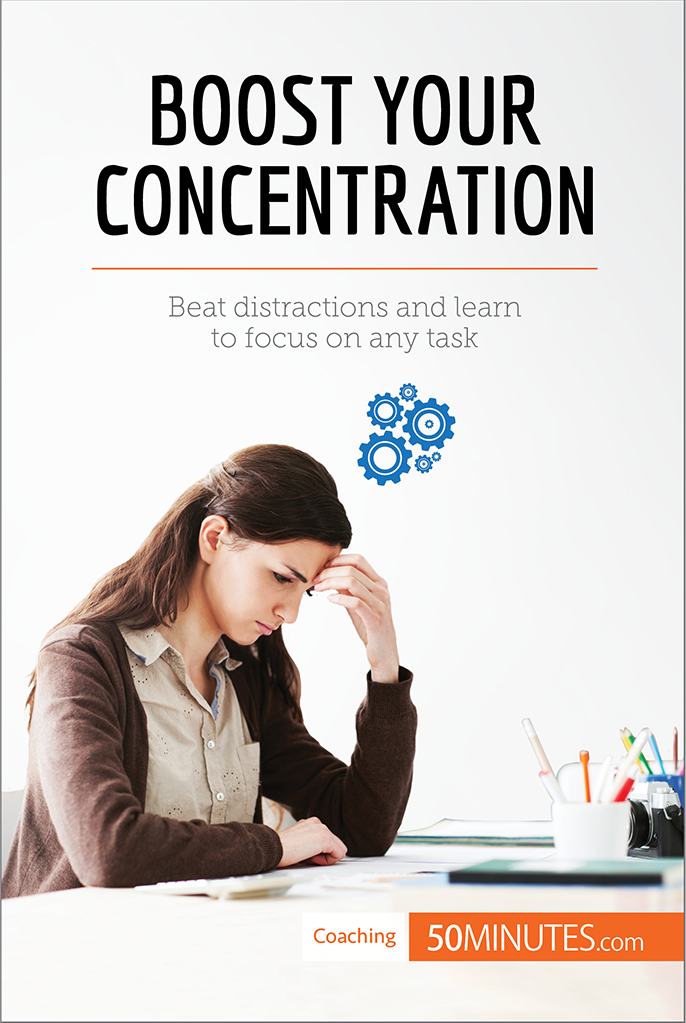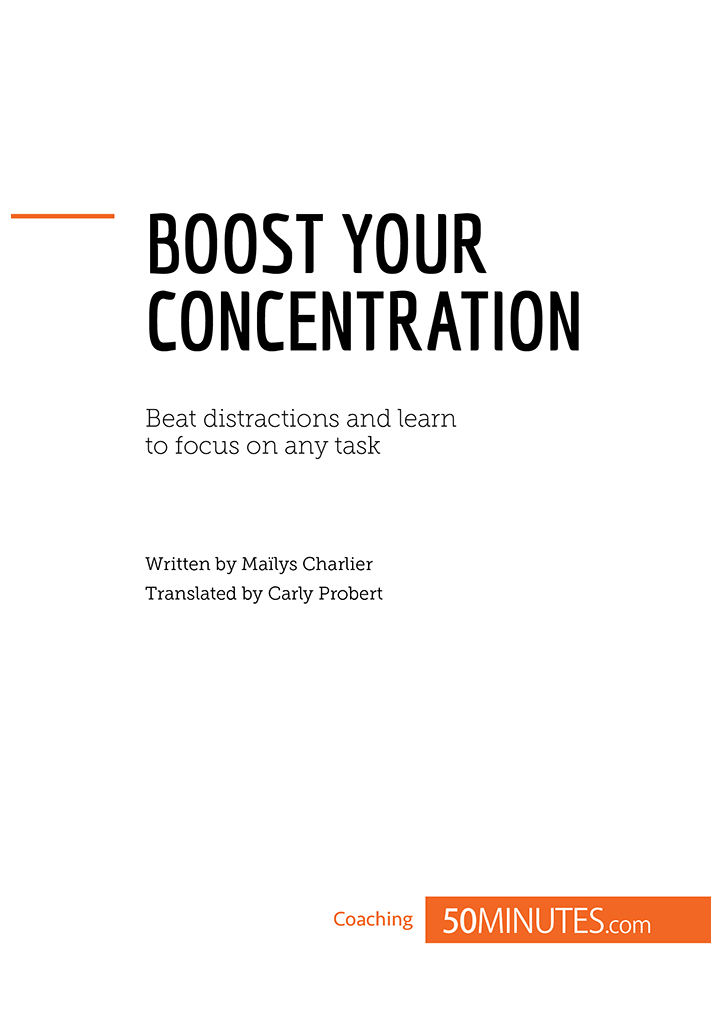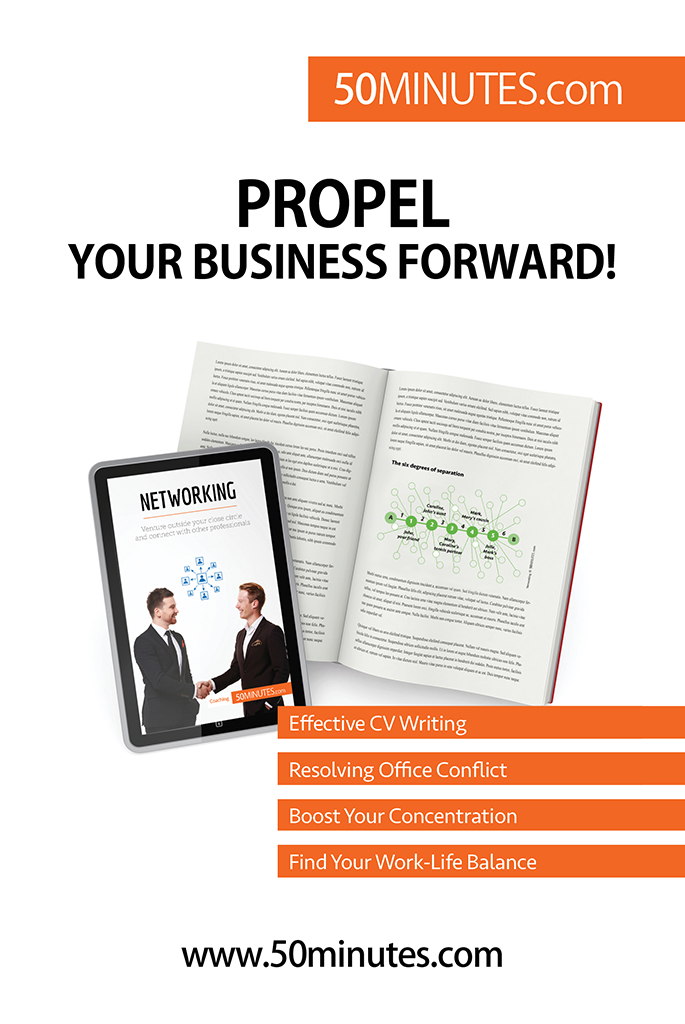Whether you are suffering from a true attention deficit disorder, with or without hyperactivity (ADD/ADHD), difficulty concentrating can become a burden in your professional life. Particularly in this day and age, distractions are numerous (sudden fatigue or stress, a distracting colleague, the phone ringing constantly, social networking, adverts, etc.) and it is becoming increasingly difficult to stay focused for an extended period of time. In addition to the improvement and overactive cultivation of technologies in our society, there are also natural disturbances: lack of sleep, poor diet, lack of oxygen, noise, etc. Yet, it is essential to be able to channel our thoughts at work in order to be productive and not waste energy unnecessarily.
But what does concentration involve? Why do we find it difficult to concentrate? More importantly, how can we avoid getting distracted every day? Concentration is like a muscle that can be trained through several exercises. In just 50 minutes, this book will reveal the secrets to better concentration, to help you overcome your deficits and start to focus.
Concentration: the basics
How does concentration work?
Sparking your attention in order to focus
The terms attention and concentration often tend to be confused. However, although these two concepts are closely related, they actually define very different actions. In his book, The Principles of Psychology (1890), William James (American psychologist, considered to be the founder of the discipline in the US, 1842-1910) explains that attention is the taking possession by the mind, in a clear and vivid form, of an object or sequence of thoughts among several that seem possible []. It involves the removal of certain objects in order to deal more effectively with others. In Embracing Your Potential , Terry Orlick, a professor at the University of Ottawa, describes concentration as the narrowing of attention on a particular aspect and the maintenance thereof. These two processes are therefore complementary: while attention opens the mind up to the environment and controls the entry of information, concentration closes it off to all distractions. So when you are not fully focused, your mind is paying attention to multiple items.
According to American researcher Robert Nideffer, attention has two dimensions, which determine a different attention span in every person, or an attention style that is important to identify:
- The scope (the broader your focus, the more information you are paying attention to);
- Direction (if the focus is internal, the mind is centred on itself, if it is external, it will be more responsive to environmental cues).
Moreover, the attention system consists of four positions, operated to varying degrees in different individuals:
- Alert. When the subject is on alert, his attention is focused intensively on one task or one signal in particular;
- Selective attention . The subject selects an item and directs all his concentration onto it in order to study it in depth;
- Divided attention. The subject deals with two or more pieces of information simultaneously;
- Sustained attention. The subject maintains his concentration for a period of at least 15 minutes in situations where the information flow is faster.
Some people will find it difficult to focus on multiple tasks simultaneously while others will fail to focus on just one. According to Ccile Galand, neuropsychologist at the centre of Amimo therapies, individuals whose divided attention is highly developed are able to focus on two tasks simultaneously, provided that their treatment has become routine and no longer requires the mobilisation of all conscious attention resources.
Mastering attention is an unavoidable prerequisite for the concentration process: when we need to focus on a specific task, the brain must decide to focus attention on a single activity, and prevent any distraction. Concentration therefore trains us in a double action.
The link between attention and memory
Attention is closely linked to memory. The attention processes are involved in sensory memory and short term memory. It is attention that allows for memorisation. So, if more attention is paid to a subject, it will be better stored in the brain.
Factors of inattention
In todays hyperactive society, dominated by technology and the culture of channel hopping, the brain is used to quickly change activity. With advertisements, displays, TVs, smartphones, computers, etc., the number of images and information builds up before the retinas, without allowing time for the mind to rest. Therefore, given this overstimulation, it is sometimes difficult to maintain the pace over the long term, which causes concentration problems. In addition to technology, there are many other inattention factors: boredom, a colleague interrupting you, noise in the office, hunger, etc. Strong emotions like anger, love or grief can also affect the ability to concentrate.
Technology 2.0 is so new and is changing so fast that is does not exist for the long term. It is impossible to say at present whether this technology has a permanent impact on our brain and our ability to concentrate. (Ccile Galand, neuropsychologist)
ADD/ADHD
Everyone experiences issues with occasional lapses in concentration. However, a person suffering from Attention Deficit Disorder, with or without Hyperactivity (ADD/ADHD) suffers from constant difficulty with attention and concentration, which has a negative impact on their quality of life.
On a neurological level, ADD/ADHD is defined as a chronic disorder that affects the ability to control attention, resulting in impulsivity and hyperactivity (Walker: Adult ADHD Signs and Symptoms ). A sufferer has a defective attention system, that is to say that their alert, selective, divided and sustained attentions do not function as they should.
Moreover, adults diagnosed with ADHD can experience motor hyperactivity, finding it difficult to sit still, or cognitive hyperactivity. In the latter case, they will find it hard to stay focused on one thought at a time, moving constantly from one idea to another. This hyperactivity can be a real handicap for those who suffer from it, since they must make a considerable effort to avoid inattention, and this is not achieved every time. It is therefore essential to conduct tests with a psychologist if your attention problems are recurring, in order to take appropriate action.

